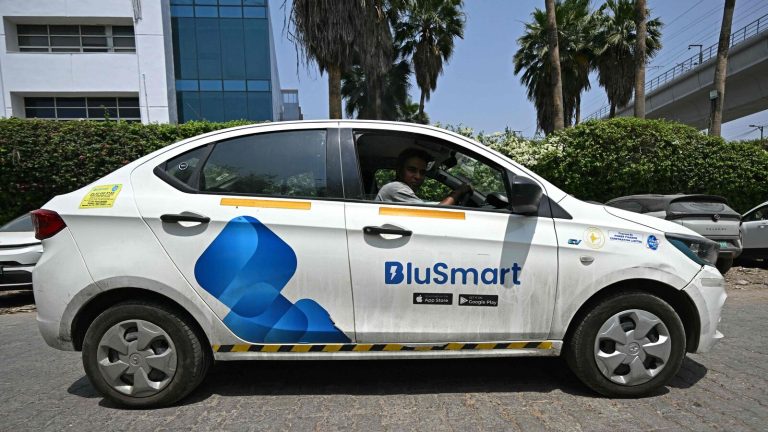Former chairman of the Bombay Stock Exchange Limited (BSE) Sethurathnam Ravi has explained “two trigger points” for the failure of cab-hailing service, BluSmart. He said the first one was the pricing of the share and the other was “diversion of funds”.
“First of all, the pricing which happened of the share. There were a lot of complaints about insider trading. Second, there was a vision blower, and there were complaints against this company,” Sethurathnam Ravi told news agency ANI.
He said “certain deficiencies” were found during SEBI’s investigations.
“SEBI went into an investigation and gave an interim order. In the interim order, they found certain deficiencies. The deficiencies came out in that order, which was diversion of funds. Second point that came out was a misstatement — which is a very big thing…,” Sethurathnam Ravi said.
Ravi said that any default position has to be informed to SEBI.
He said the result was that, when confirmation was taken from the perspective of the phc, “it did not turn out to be true.”
“So they gave something wrong…to the regulators,” Ravi said, adding, “Basically its diversion of funds…And as per our any loan, that the statement for a particular purpose for some other purpose. So that is the basic.”
BluSmart’s failure
The abrupt shutdown of BluSmart, once hailed as a promising electric mobility startup in the Delhi-NCR region, has sent ripples through India’s thriving startup ecosystem.
Customers, investors, and especially thousands of drivers have been left grappling with the fallout.
On April 17, BluSmart halted new bookings after the market regulator found an affiliate company misused funds meant for purchasing green vehicles.
Recently, market regulator Securities and Exchange Board of India (Sebi) flagged issues related to alleged fund diversion and document falsification in Gensol Engineering Ltd, which owns BluSmart as its subsidiary.
SEBI had received a complaint in June 2024 relating to the manipulation of share price and diversion of funds from GEL and thereafter started examining the matter.
According to Sebi’s interim order, Gensol Engineering’s promoters treated the company as a proprietary firm, diverting corporate funds to buy a high-end apartment in The Camellias, DLF Gurgaon, splurging on a luxury golf set, paying off credit cards, and transferring money to close relatives.
According to Sebi, the company secured a total of ₹977.75 crore in loans from IREDA and PFC, of which ₹663.89 crore was meant specifically for the purchase of 6,400 electric vehicles (EVs).
EVs were procured by the company and subsequently leased to BluSmart, a related party.
However, in a response submitted to Sebi in February, Gensol admitted that it had procured only 4,704 EVs till date — far less than 6,400 for which it had received funding.
This was corroborated by Go-Auto Private Limited, the EV supplier, which confirmed delivering 4,704 units to the company for a total consideration of ₹567.73 crore.
Given that Gensol was also required to provide an additional 20 per cent equity contribution, the total expected outlay for the EVs was around ₹829.86 crore. By that calculation, ₹262.13 crore remains unaccounted for.
(With inputs from agencies)


